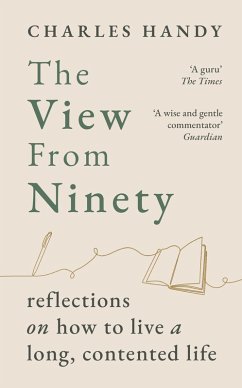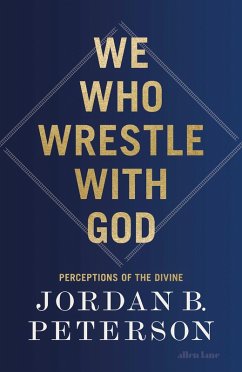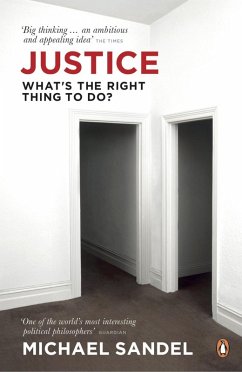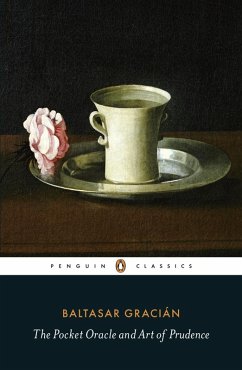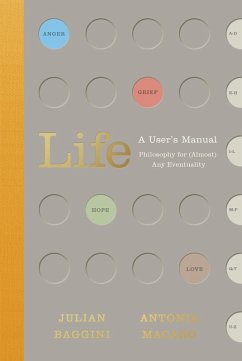
Eryxias (eBook, ePUB)
Enriched edition. Exploring the Value of Wealth and Happiness in Plato's Philosophical Dialogue
Kommentar: Marchmont, Lydia / Redaktion: Good Press / Übersetzer: Jowett, Benjamin

PAYBACK Punkte
0 °P sammeln!
In "Eryxias," Plato engages with the complex interplay between wealth and virtue through a Socratic dialogue that is both philosophical and rhetorical. The text explores how material wealth tempts individuals away from the pursuit of genuine goodness and virtue'-raising pivotal questions about the nature of the good life. Written in Plato's characteristic dialectical style, this dialogue invites readers to question societal values regarding wealth and personal integrity, while also contributing to the larger context of Platonic ethics and metaphysics, especially within the framework of his oth...
In "Eryxias," Plato engages with the complex interplay between wealth and virtue through a Socratic dialogue that is both philosophical and rhetorical. The text explores how material wealth tempts individuals away from the pursuit of genuine goodness and virtue'-raising pivotal questions about the nature of the good life. Written in Plato's characteristic dialectical style, this dialogue invites readers to question societal values regarding wealth and personal integrity, while also contributing to the larger context of Platonic ethics and metaphysics, especially within the framework of his other works such as the "Republic" and "Gorgias." Plato, a foundational figure in Western philosophy, was profoundly influenced by the socio-political landscape of ancient Athens, where questions of justice, democracy, and moral philosophy dominated public discourse. His background as a member of an aristocratic family and his experiences witnessing the decline of Athenian democracy shaped his thoughts on ethics, governance, and the individual's role within society. This intellectual climate likely spurred him to explore themes of wealth's corrupting influence and the quest for an authentic life. "Eryxias" is essential reading for anyone interested in classical philosophy, ethics, or the historical context of socioeconomic discussions. It not only illuminates Plato's perspectives on wealth but also offers timeless insights into the moral dilemmas facing society today. The dialogue is an invitation to reflect critically on what it means to live a virtuous life in a material world. In this enriched edition, we have carefully created added value for your reading experience: - A succinct Introduction situates the work's timeless appeal and themes. - The Synopsis outlines the central plot, highlighting key developments without spoiling critical twists. - A detailed Historical Context immerses you in the era's events and influences that shaped the writing. - An Author Biography reveals milestones in the author's life, illuminating the personal insights behind the text. - A thorough Analysis dissects symbols, motifs, and character arcs to unearth underlying meanings. - Reflection questions prompt you to engage personally with the work's messages, connecting them to modern life. - Hand-picked Memorable Quotes shine a spotlight on moments of literary brilliance. - Interactive footnotes clarify unusual references, historical allusions, and archaic phrases for an effortless, more informed read.
Dieser Download kann aus rechtlichen Gründen nur mit Rechnungsadresse in A, B, BG, CY, CZ, D, DK, EW, E, FIN, F, GR, H, IRL, I, LT, L, LR, M, NL, PL, P, R, S, SLO, SK ausgeliefert werden.





